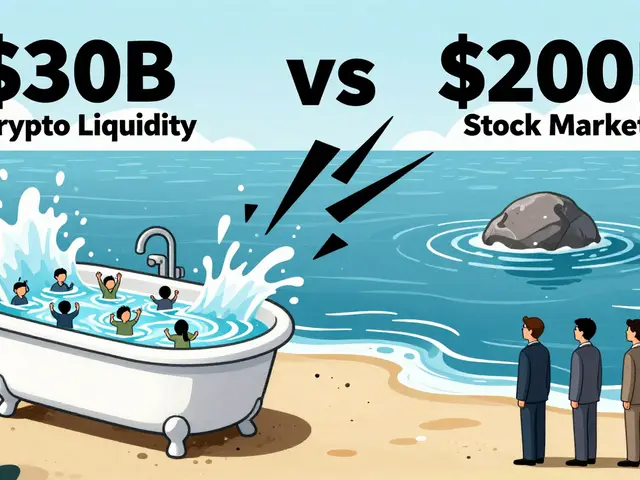Taiwan Crypto Regulations
When working with Taiwan crypto regulations, the legal framework that controls digital assets, exchanges, and service providers in Taiwan. Also known as FSC crypto framework, it covers licensing, anti‑money‑laundering (AML) rules, and limits on security‑token offerings. These rules are not just paperwork; they decide who can list a coin, how you prove the source of funds, and what tax treatment applies. If you ignore them, you risk fines, platform shutdowns, or even criminal charges. Understanding these rules is crucial for anyone operating in the market.
The Financial Supervisory Commission (FSC) is the body that drafts, updates, and enforces the regulations. It requires every crypto exchange to register as a Virtual Asset Service Provider (VASP), submit detailed AML/KYC procedures, and keep audit‑ready records. The FSC also sets a cap on how many security tokens a platform can issue without a separate securities license, a move meant to protect retail investors while still allowing innovation.
One of the most talked‑about aspects is the AML requirement. Under the latest amendment, VASPs must screen users against Taiwan’s blacklist, report suspicious transactions over NT$1 million, and retain transaction data for at least five years. This aligns Taiwan with the FATF’s Travel Rule, making cross‑border transfers traceable. For traders, it means you’ll see additional identity checks before you can move large sums, and you’ll need to keep thorough records of every buy‑sell event.
Security‑token regulations add another layer. The FSC allows a limited number of tokens to be issued under a ‘soft‑cap’ exemption, but anything beyond that triggers a full securities filing. Projects that want to raise funds via token sales must prepare a prospectus, disclose risk factors, and often work with a licensed securities broker. This creates a clear path for legitimate projects while weeding out scams that try to bypass traditional finance.
Compliance isn’t just about paperwork; it impacts daily operations. Exchanges must integrate real‑time AML screening APIs, maintain separate cold‑storage wallets for user funds, and undergo periodic FSC inspections. Failure to meet these standards can lead to a suspension of trading pairs or a complete revocation of the VASP license. On the upside, a well‑structured compliance program can attract institutional investors who look for regulatory certainty.
Below you’ll find a curated collection of articles that break down each piece of the puzzle. From step‑by‑step guides on FSC registration to deep dives on AML best practices and security‑token limits, the posts give you actionable insights you can apply right now. Dive in to see how the Taiwan crypto landscape is shaping up and what you need to do to stay ahead of the curve.
A clear guide to Taiwan's selective banking crypto restrictions, covering VASP registration, stablecoin plans, CBDC prospects, and how users can navigate the rules.



 Finance
Finance




